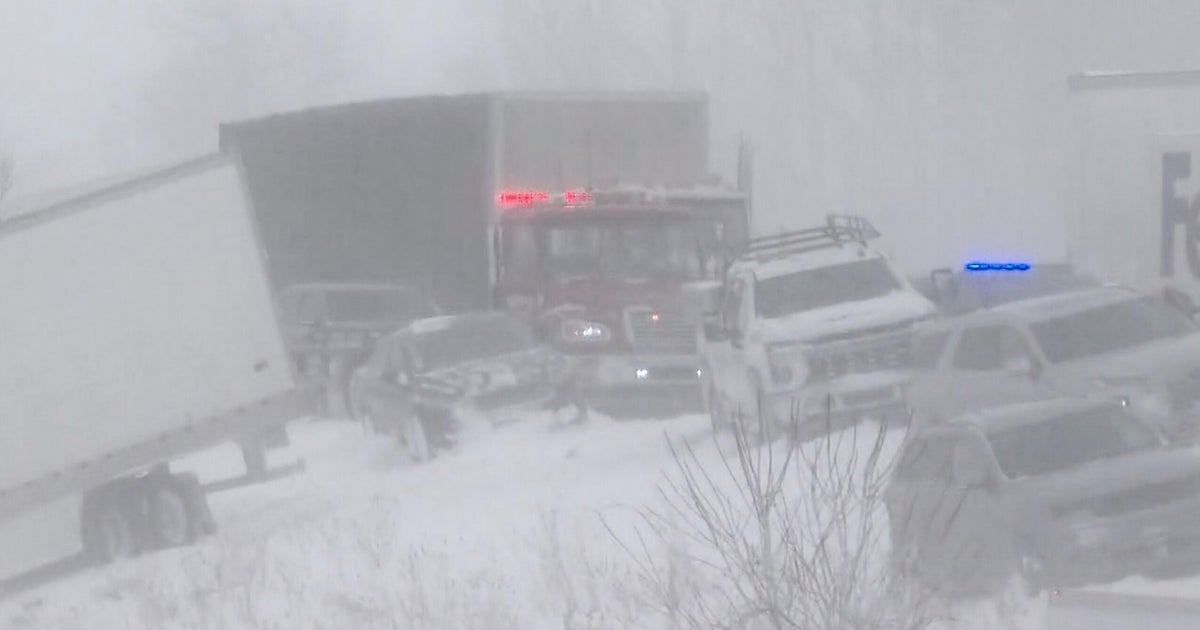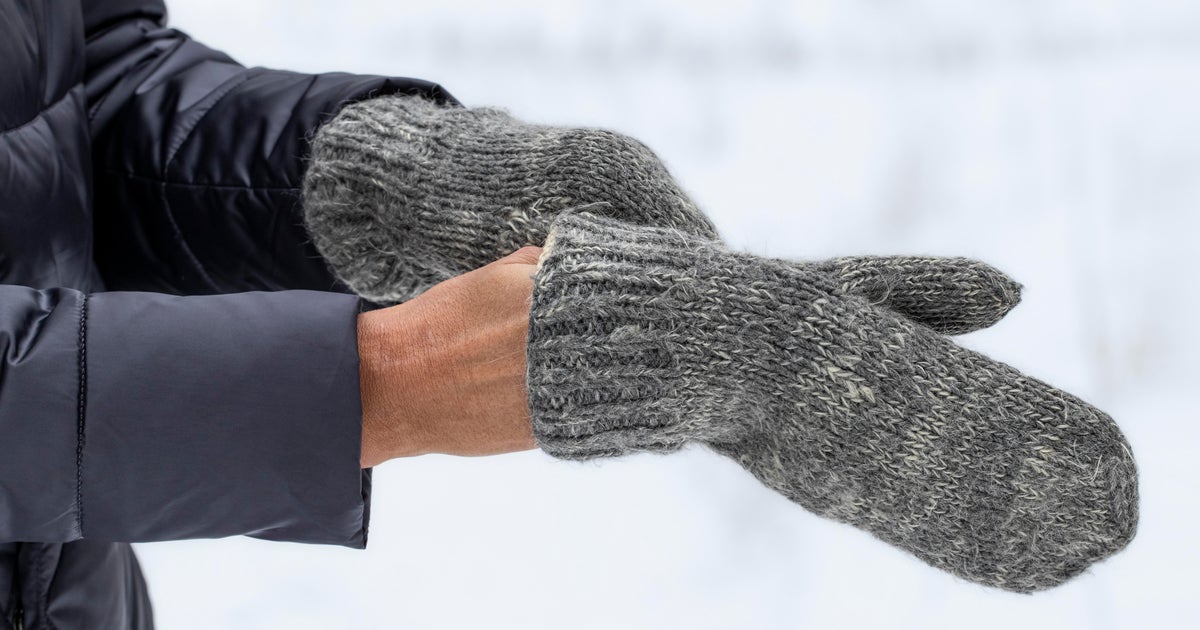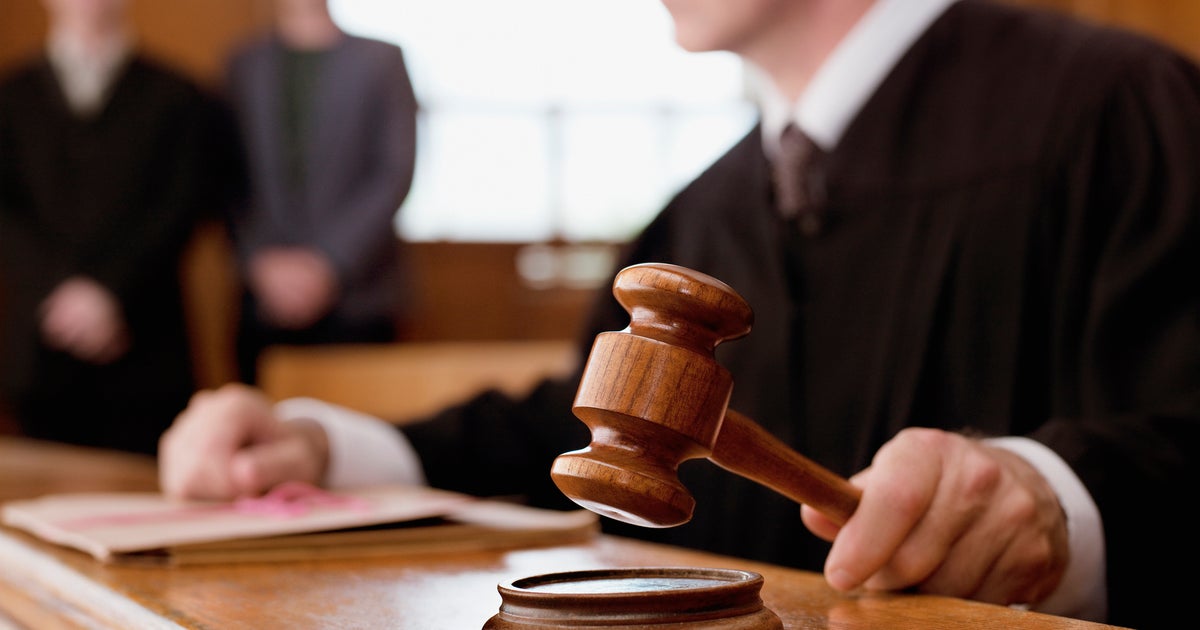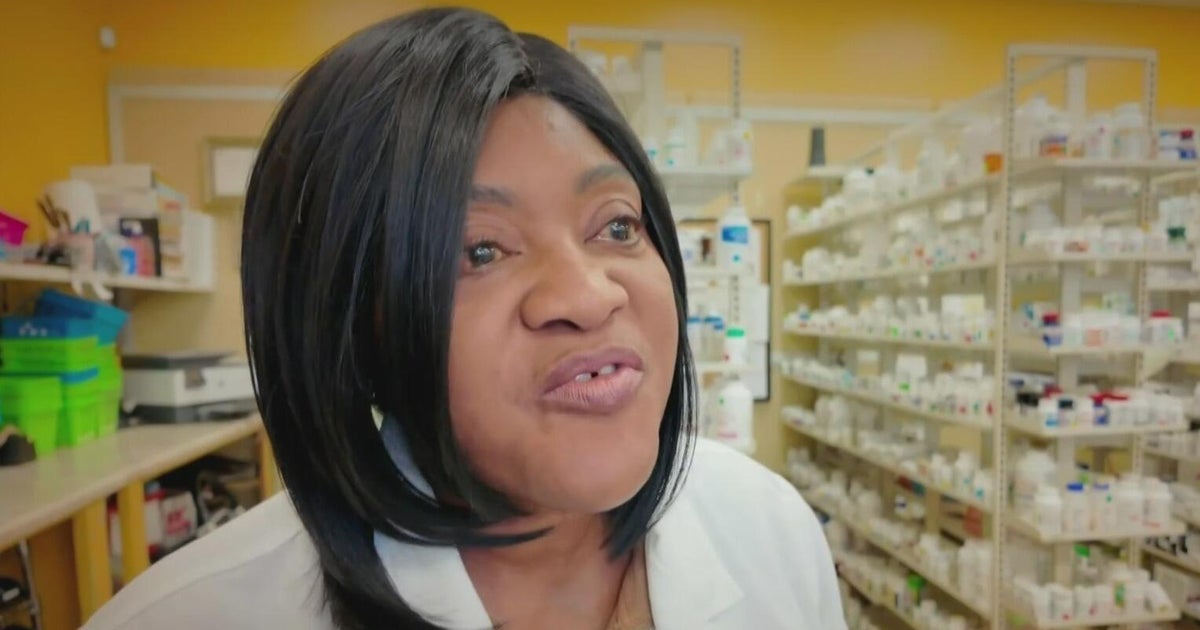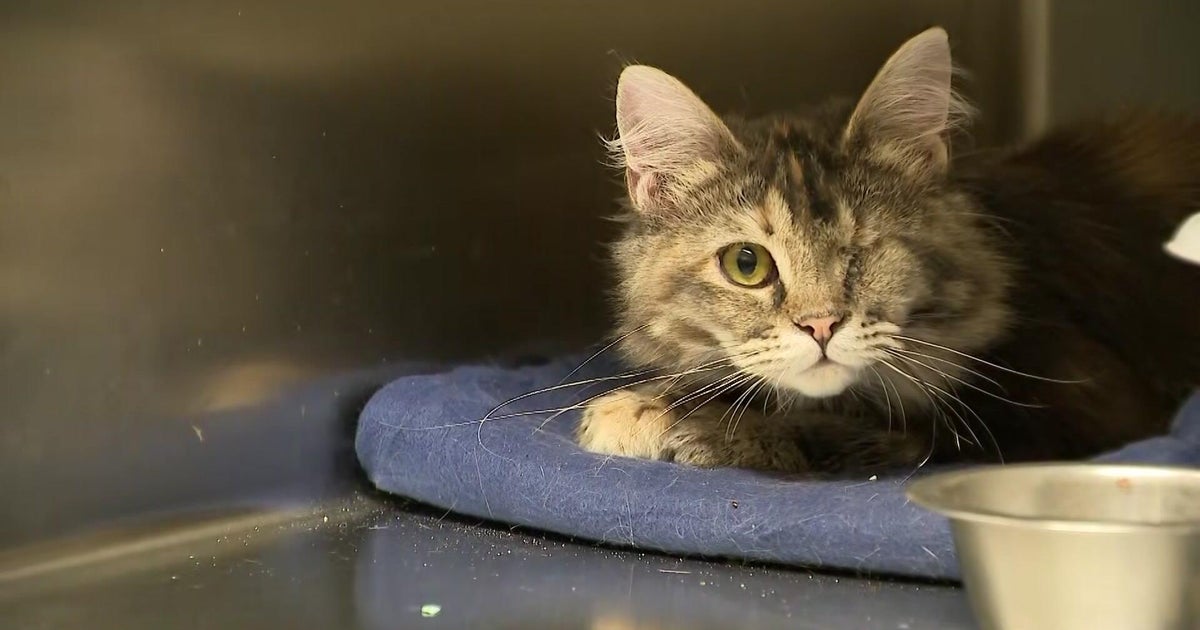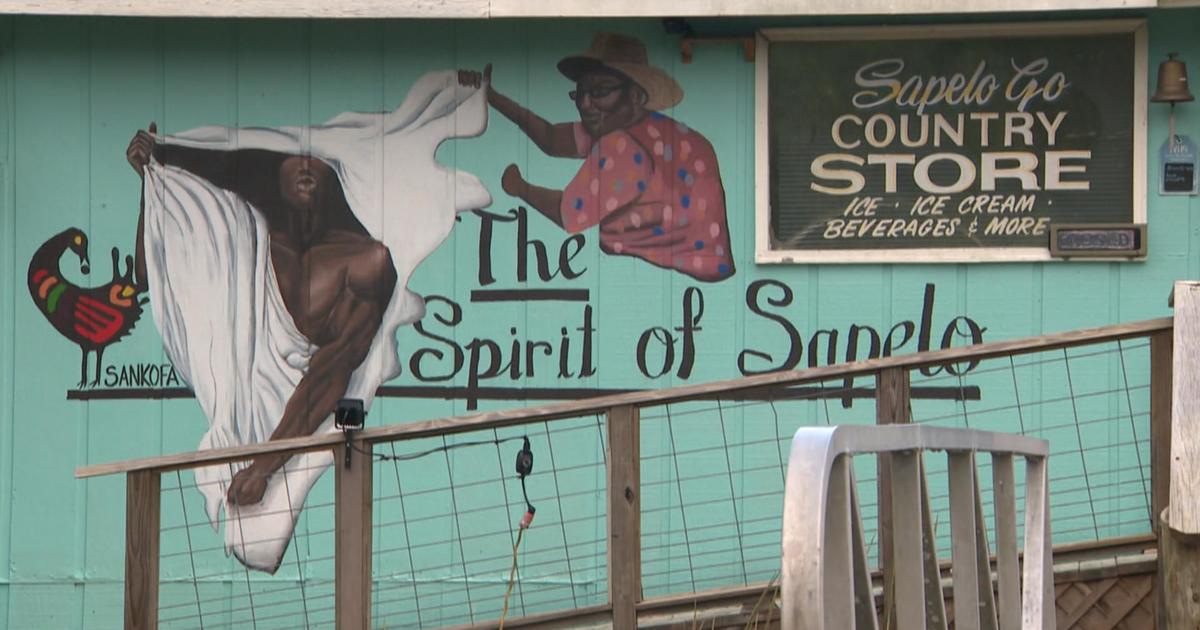Termites trouble: South Florida homeowner and experts say protect your property now
HOLLYWOOD — Elana Kohlhagen and her family have lived in South Florida for a decade; but about once a year, they get some unwanted visitors: termites.
"It's gross," she said.
Kohlhagan was sitting in her living room with her family when she saw a group of them flying around her ceiling lights and little pellets around her home.
"Nobody wants to have any, you know, living in their house," Kohlhagen said.
Thousands of Floridians will deal with termites, but three species that wreak havoc in the Sunshine State.
"The primarily big pests are going to be the West Indian dry wood termite. The two other termite species that are more concerning because of a potential for damage is the Formosan subterranean termite and the Asian subterranean termite," said Dr. Thomas Chouvenc, an urban entomologist who studies termites for a living at the University of Florida.
Chouvenc explains that drywood termites nest inside the wood they're infesting, while subterranean termites nest underground. Subterranean termites can be harder to spot, and they can create significant damage within a short amount of time.
"We're talking about up to three to six hundred pounds of wood consumed within a year," Chouvenc said.
Unfortunately for Kohlhagen, she had both dry wood and subterranean termites in her home. So, she called Rick Pellegrini -- owner of AAA Assassin Enterprises Pest Control.
"We service roaches, ants, spiders, termites, [and] roaches," Pellegrini said.
Pellegrini took care of all of Kohlhagan's termites, tenting her house for the dry wood termites, but using a different method for those underground.
"If they're subterranean, it's a totally different treatment. We have to inject the ground with Termidor up under the whole house, under the whole house and put a chemical barrier up under the house," said Pellegrini.
Kohlhagan says her property is clear of termites, but recommends all homeowners get the opinion of a professional when dealing with persistent pests.
"Education is key in anything, so better to ask than to be left with the unknown," Kohlhagan said.
Pellegrini says the busiest time for termites is April through June, so now is the time to start checking out and preparing your property.

